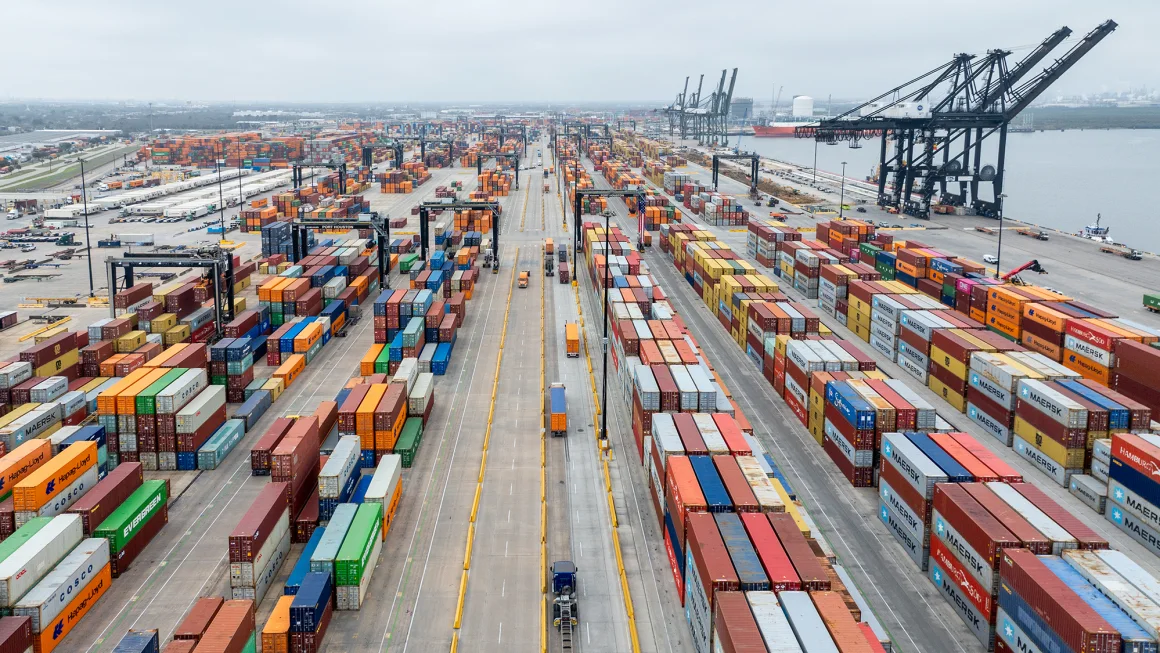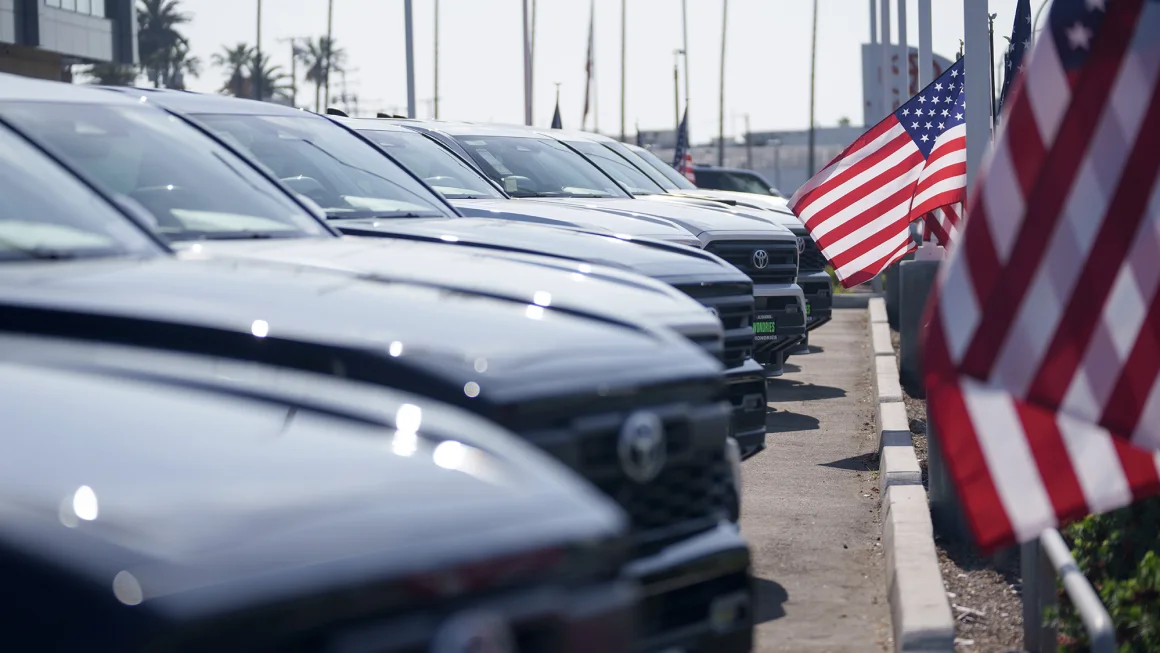Audi, the luxury brand of Volkswagen, has announced plans to cut up to 7,500 jobs at its German sites by 2029. The move is part of a broader cost-cutting strategy aimed at supporting the company’s transition to electric vehicle (EV) production.
In a statement on Monday, Audi explained that the job reductions were agreed upon with employee representatives and are expected to save the company €1 billion ($1.1 billion) in the medium term. At the same time, Audi plans to invest €8 billion ($8.8 billion) over the next five years in its German plants to enhance EV manufacturing capabilities.
The automaker cited worsening economic conditions, rising competitive pressure, and political uncertainties as key challenges. The job cuts represent around 8.6% of Audi’s global workforce.
This announcement comes amid broader struggles in Germany’s auto sector. Volkswagen, Audi’s parent company, has already planned over 35,000 job cuts in Germany by the end of the decade. High production costs, a delayed transition to EVs, and fierce competition from Chinese manufacturers like BYD and Xpeng (XPEV) have put pressure on the German car industry.
Adding to the industry’s concerns, former US President Donald Trump has threatened to impose a 25% tariff on imported cars starting April 2. If implemented, the tariffs could make German vehicles more expensive in the US, reducing their competitiveness against American-made cars.
Audi’s restructuring efforts also include reducing bureaucracy, cutting down company committees, and digitizing workflows to lessen employee workloads.
As Germany’s auto sector faces mounting challenges, automakers are under growing pressure to adapt to the rapidly changing global market.














